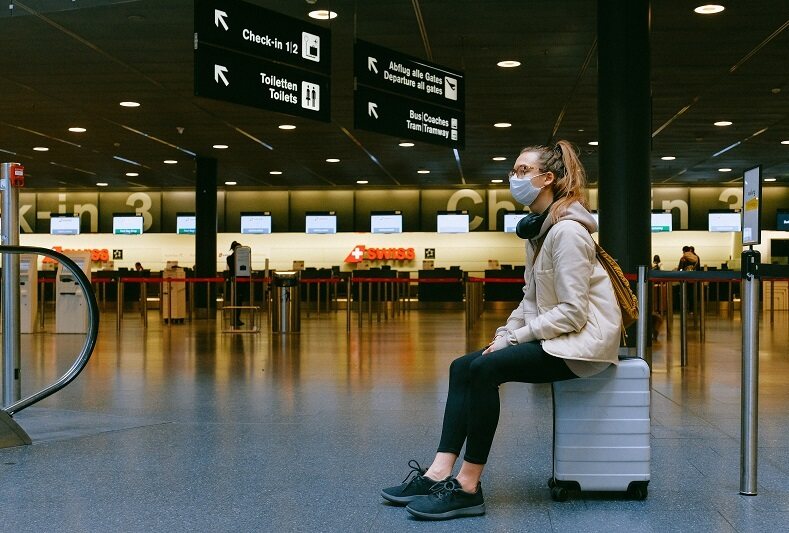Ever since its inception, the on-demand economy has influenced our lifestyle to a great deal. Most people can relate to this concept which was seen with the launch of the first iPhone in 2007. Then came iTunes, which made it easier for people to listen to their favorite music on-demand. Since then, a lot has changed.
Now we are living in the pandemic era where every type of business is striving for fulfilling consumer demands. Even those businesses that didn’t have an online presence (unbelievable, right!) are ready and willing to deliver goods and services at the customer’s doorsteps. Since COVID has affected so many economies, the on-demand industry is no different.
But how? This blog reveals all you must know:
Overview of the On-Demand Economy
Did you know that 22.4 million people around the world enjoy the on-demand service? From food, grocery, and laundry, to mobility services, on-demand services make life more convenient. No need to go out to shop for your monthly groceries or even medication. A car will come to your doorsteps to deliver all that you have ordered.
It’s long believed that the on-demand economy will bring about reforms and revolutions. The pandemic was proof that every business needs to adopt the on-demand model to survive. Uber, eBay, PayPal, Ubereats, Amazon, Airbnb, and others are a few of the many profitable on-demand businesses.
The on-demand economy works on these rules:
- Low price.
- High-speed delivery of products and services.
- Supplier and consumer contact made easier.
The Impact of Novel Coronavirus on On-Demand Economy
Coronavirus has scaled the on-demand economy. On-third of the global population in lockdown used on-demand deliveries to order groceries, medicines, food, and other essentials. Not only did Internet services and plans such as Cox Internet Essential packages were sold like hot-cakes, but people also didn’t hesitate to order in.
Popular News:-
How Holiday Stress Can Hurt Women’s Health
Amidst the pandemic, CDC has declared minimizing human contact to control the spread of the virus. Even though customers are ordering the service online or from their phone, on-demand services still involve interaction with hundreds of people. It may seem like the industry is thriving, but these are the negative impacts people have failed to paid attention to:
Food Deliveries
It is suspected that the traces of coronavirus are available in the animal market. The dairy and meat industry has suffered during the pandemic. People haven’t been ordering takeout food to avoid the spread of the virus.
Mobility Services
Ridesharing services like Uber took a serious dip. Since people aren’t traveling, they are not booking rides. Also, because of the global lockdown, many people have been working from home, schools, and colleges were shut along with other public places. This led to reduced demand for ridesharing services.
However, people have been giving preference to ridesharing instead of taking public transport. Therefore, this service hasn’t been completely abandoned.
Tips for the On-Demand Industries to Sustain During the Pandemic
By following strict security protocol, the on-demand businesses can continue to offer their service during the pandemic. These tips are a good start:
- Food outlets should attach quality tested labels on their products from dairy to meat items.
- All individuals involved must wear facemasks and gloves
- Delivery agents must sanitize their hands before picking the order and after delivering the order.
- All in the mobility services should disinfect their vehicles daily
- Spray disinfectants every each ride is completed
- The driver must use a sanitizer every 30 minutes
- Accept cashless payments
- Don’t open the door for the passenger or carry their luggage
- Keep the vehicle ventilated by opening the windows, if possible
- Don’t keep free treats for the passenger in the vehicle such as water bottles or magazines
- Don’t accept passengers who haven’t worn a facemask
- For those in the house cleaning and grocery delivering services, follow the “leave at the door” policy
- Disinfect the frequently used items
Summing Up
Educating consumers on how they can safeguard themselves while ordering the on-demand services can control fear and improve the sales momentum once again.
A lot has improved over the months since businesses have adapted to changing customer behavior. By ensuring the customers that ordering your services is safe and informing them about your health protocols, you can win their trust again.

Leave a Reply